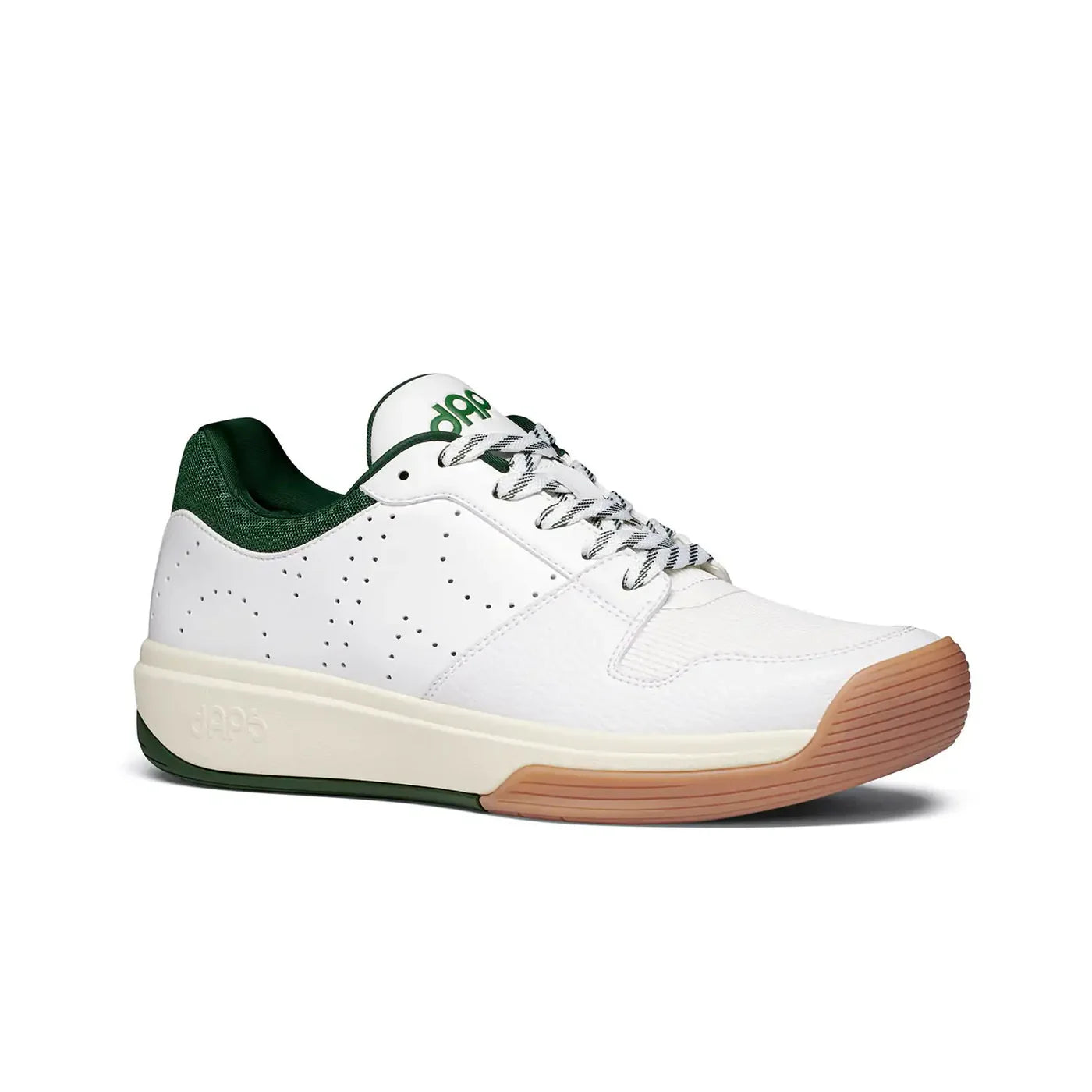What is targeting in pickleball (and how do I fight back?)
Last Edited
Dec 06 2024
Category
Instruction
Ever felt like a bullseye on the court? Targeting in pickleball is a deliberate strategy where opponents funnel shots toward one player.
It may feel like the frustrating result of not being as good as your opponents are, and as as a result, it's often frowned upon.
But the reality is that even pros target their opponents — not because they're "weak," but because they are either out of position or have a specific Achilles heel.
It's all about applying pressure strategically, but there is definitely a line between strategic targeting and cruel, offensively-aggressive targeting during rec play.
Knowing how to counter targeting can save your match and re-balance your presence at your local rec scene.
How to Fight Back
1. Don’t Avoid the Aggressor Entirely
Constantly dinking crosscourt to avoid a dominant player lets them dominate the middle and camp in your partner’s zone.
Mix it up by going down the line occasionally to keep them honest. This subtle adjustment widens your angles and gives you room to breathe.
2. Use Speed-ups Wisely
Target your opponent’s weaker side—typically their backhand or hip.
When executed correctly, a speed-up sends the ball to your partner, giving them a chance to attack or reset. Be strategic; it’s about creating opportunities, not chaos.
3. Switch Roles or Stack
Swap sides with your partner temporarily. This can disrupt your opponents' rhythm and give you a new perspective.
In mixed doubles, this could mean placing the man on the right—a position less commonly seen but increasingly effective.
4. Communicate Relentlessly
Talk to your partner mid-match. If you’re struggling, say so.
Discuss solutions like poaching or adjusting positioning to relieve pressure. A confident team is a winning team.
See It In Action
Top pro Catherine Parenteau explains all of this visually:
Getting targeted can feel personal—but most of the time, it’s not. Staying calm and focusing on execution, not frustration, is key in your response.
Acknowledge the pressure to your teammate, breathe, and stay in the game mentally. You'll send it back to them with twice the effectiveness.













